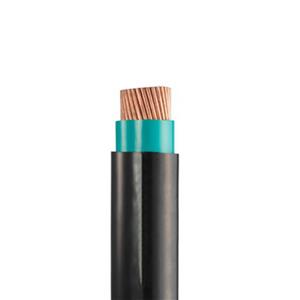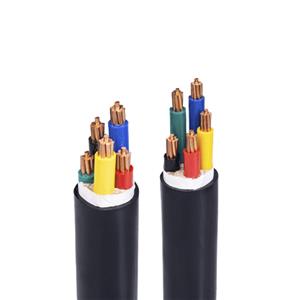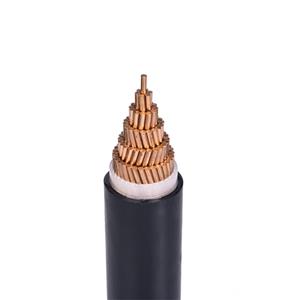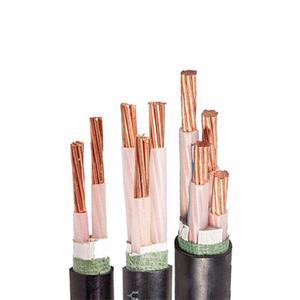How much do you know about the basic performance of wires and cables?
Wire and cable products are used in different occasions, so the performance they pursue is also multifaceted. The basic properties of wire and cable include high temperature resistance, flame retardancy, corrosion resistance, aging resistance and fire resistance. The following will introduce these basic properties in detail.
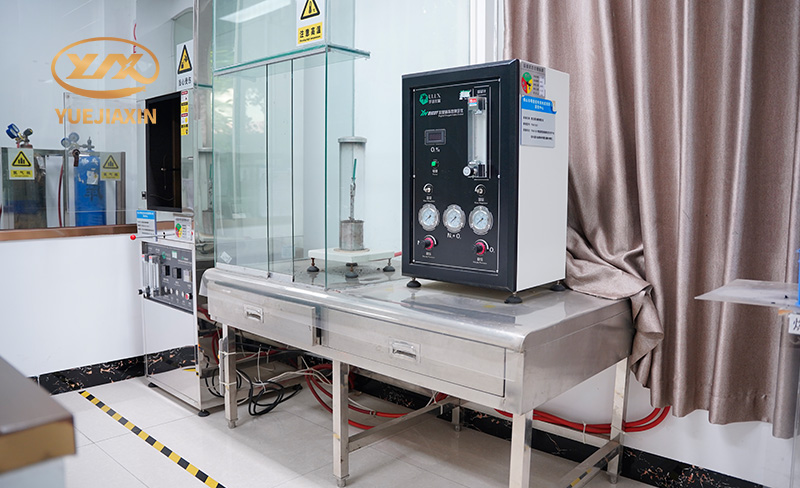
1. High temperature resistance means that the wires and cables can work in high temperature environments and delay the speed of deformation and aging. High temperature resistance, as the name implies, means that the wires and cables can work in high temperature environments and delay the speed of deformation and aging. The rated working temperature of the wires and cables we usually use is generally 70~90℃, which is fully competent if it is an ordinary use environment. But if you want to have a higher temperature resistance level, you need to use high temperature resistant materials to produce wires and cables. Products like this can cope with high household electricity loads or temporary short circuits more easily.
2. Flame retardant is the performance of preventing the spread of flames. This performance can make the wires and cables less likely to burn in the event of an electrical fire, and greatly reduce the spread of flames after the wires and cables burn when continuous burning has occurred, and naturally extinguish after leaving the fire source. Flame retardant means that the cable is not easy to catch fire or the flame spreads slowly after catching fire and can be controlled within a certain range to avoid causing greater losses. Some electrical fires are caused by short circuits in some parts of the wires and cables, which continue to burn along the line, and then cause a fire. Flame-retardant wires and cables can minimize this risk. After leaving the fire source, small-scale burning will slowly extinguish to prevent the spread of fire.
3. Fire resistance means that in addition to being able to transmit electricity under normal working conditions, the cable can also maintain safe operation for a certain period of time under burning conditions. People who do not understand the wire and cable industry tend to confuse the concepts of fire resistance and flame retardancy. Some bad companies even make false propaganda and blur the concepts of fire resistance and flame retardancy. In fact, fire-resistant wires and cables are essentially different from flame-retardant wires and cables. Fire-resistant wires and cables emphasize that the wires can maintain safe operation for a certain period of time under flame burning conditions and maintain line integrity. They are mostly used in high-rise buildings, subways, underground streets, large power stations and important industrial and mining enterprises and other places related to fire safety and firefighting lifesaving.
4. Anti-aging refers to the ability of wires and cables to maintain their original performance under the influence of various external factors such as mechanical stress, electrical stress, thermal stress, etc., which can greatly delay aging and extend service life. Anti-aging The anti-aging of wires and cables refers to the ability of wires and cables to maintain their original performance under the influence of mechanical stress, electrical stress, thermal stress and other various external factors, which can greatly delay aging and extend service life. Although wires and cables have anti-aging properties, their aging is inevitable. The difference is that the aging speed is different. The better the quality of wires and cables, the slower the aging speed and the longer the service life. This is why we must use products from big brands and regular manufacturers.
5. Corrosion resistance refers to resistance to electrochemical corrosion, biological erosion, and chemical (oil, acid, alkali, chemical solvents, etc.) erosion. The corrosion resistance of wires and cables refers to resistance to electrochemical corrosion, biological erosion, chemical (oil, acid, alkali, chemical solvents, etc.) erosion, sunlight resistance, cold resistance, anti-toxicity and moisture resistance. Wires and cables are inevitably exposed to air, water, acid and other substances during use, and corrosion resistance can prevent the corrosion and weathering speed and degree of wires and cables in contact with these substances to a certain extent, while slowing down the aging speed and extending the service life.

Therefore, when we usually choose household wires, we must choose according to our actual needs. Don't buy some unqualified wires for the sake of convenience, which may cause fires.

